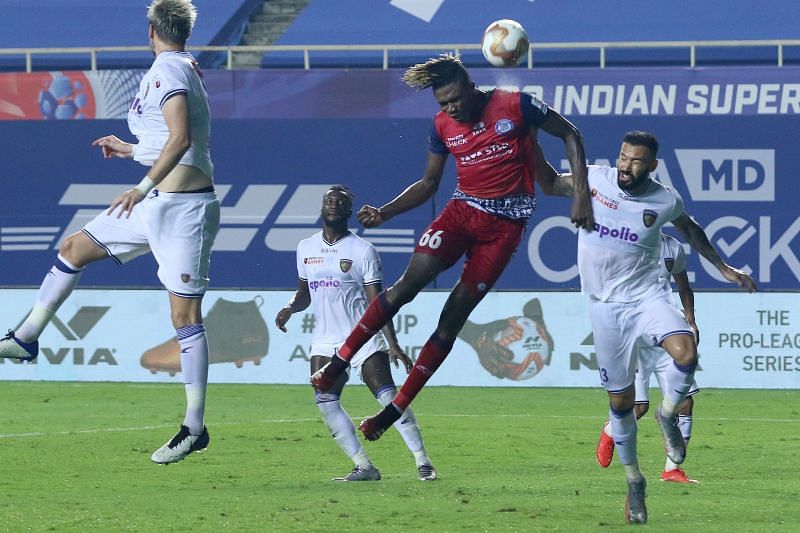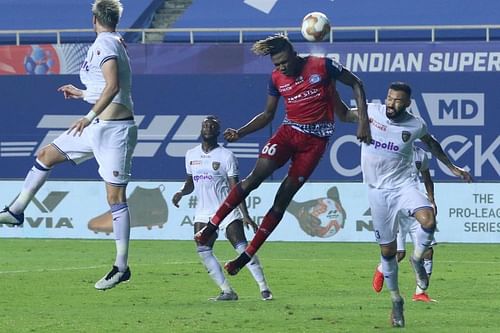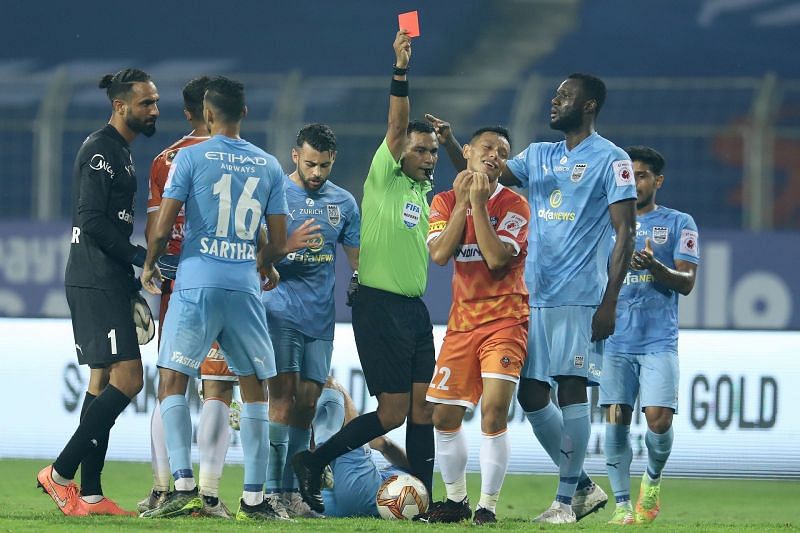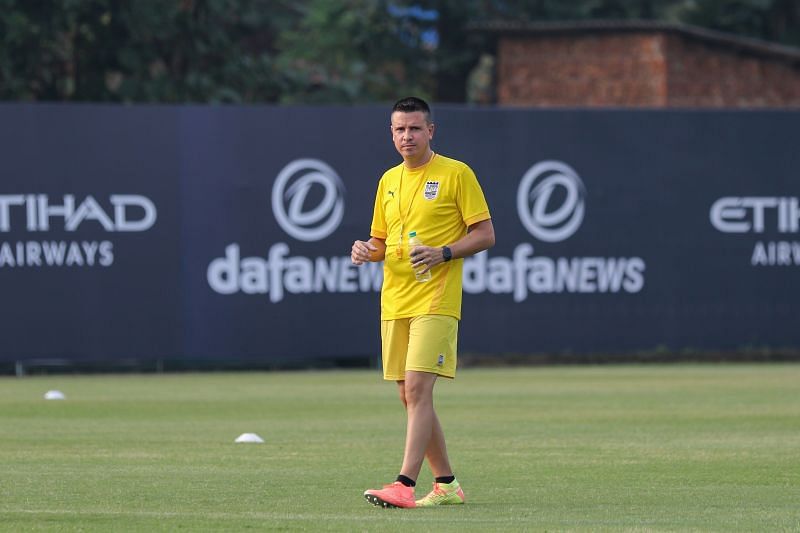
ISL 2020-21: Why teams need some time to fire on all cylinders

The seventh edition of the Indian Super League (ISL) began last week after the Government of India announced relaxations on the Covid-induced lockdown since March. While the resumption of live football action in the country evoked joy on thousands of faces, the intensity of the matches hasn't reached the same level as that of the previous seasons.
Putting things into perspective, the ISL clubs have scored a cumulative of only 11 goals in the 6 matches they have played so far, with 4 of them coming from penalties. The league's average goal per match ratio has always been greater than two, with the highest being 3.09 last season and the lowest 2.11 in the inaugural edition of the tournament.
What accounts for this lack of goals? Is it the better defensive setup of the teams? No, the referees have shown 28 yellow cards and 2 red cards till now, with reckless challenges causing injuries to various players.
Lack of proper pre-season, lengthy quarantine for foreign contingent did not help matters

A lack of proper pre-season traces back to all these problems. Kerala Blasters didn't have a proper pre-season last season and the-then head coach Eelco Schattorie blamed it as the prime reason for the club's poor performance.
All the coaches and foreign players of ISL clubs had to undergo a mandatory quarantine period in the hotel, decreasing the time they get to spend with the clubs. Jamshedpur FC's head coach Owen Coyle also contracted the coronavirus, thus diminishing his time with the players further.
South Africa international Cole Alexander (Odisha FC) is still undergoing his mandatory quarantine period. Senegal's Mourtada Fall (Mumbai City FC), on the other hand, had only two practice sessions with the club before the start of the season and missed his first match.
Key players of the tournament like Brandon Fernandes (FC Goa), David Williams (ATK Mohun Bagan), Vinit Rai, Jerry Mawihmingthanga (both Odisha FC), Rahul KP, and Nishu Kumar (both Kerala Blasters) are nursing injuries. As a result, they either missed their respective first matches or came on the pitch for only a short period.
Another peculiar aspect of Indian football is its long off-season. While it wouldn't have been feasible to conduct the ISL earlier in the year due to the Covid-induced lockdown in the country, the lengthy gap hampers the fitness levels of the players once they return to action.
The fact that Goa is hosting the entire league also aggravates the problem further. The hot and humid weather has made the proceedings tough for teams who like to play out from the back. The ISL matches do have frequent water breaks, but even those aren't helping the teams much.
Teams to improve as ISL progresses

However, teams are expected to become better slowly and steadily as the league progresses. There was a marked improvement, for instance, in Mumbai City FC's second match against FC Goa than the first one against NorthEast United FC.
Sergio Lobera, the head coach of Mumbai City FC, named both Bartholomew Ogbeche and Adam le Fondre in the starting line-up, with the latter being deployed in the right wing.
Once the Spaniard realized the combination wasn't working, he dropped Ogbeche. Le Fondre started upfront and Japanese midfielder Cy Goddard began in the right wing. Mumbai City FC created more chances although the final goal came from a penalty.
Even Odisha FC forced Manuel Onwu to play as a winger as opposed to his favored center-forward position because Jerry missed the game due to an injury. They also took out Marcelinho ten minutes after the second half in their match against Hyderabad FC as the Brazilian playmaker's lack of movement in the midfield wasn't helping the team.
While teams like ATK Mohun Bagan, Bengaluru FC, and Chennaiyin FC have players mostly comprising a singular unit as that of last ISL season, other clubs are still in the experiment mode. Once they fit the pieces of the puzzle accordingly, they will fire on all cylinders.